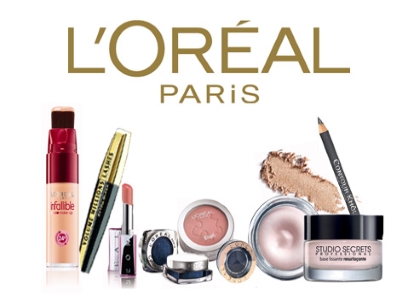 Cosmetics giant L’Oréal’s Research & Innovation (R&I) division and the Scientific Centre of Monaco (CSM) collaborated on a study to determine the impact of sunscreen products on corals.
Cosmetics giant L’Oréal’s Research & Innovation (R&I) division and the Scientific Centre of Monaco (CSM) collaborated on a study to determine the impact of sunscreen products on corals.
The five week experiment showed that corals exposed for five weeks to five UV filters used in cosmetics can fully retain their photosynthetic abilities, even when the filters are tested at concentrations far above those measured in the marine environment.
They tested the main UV filters used in L’Oréal’s sunscreen products by measuring the photosynthetic activity of the symbiotic micro-algae that live among the corals. After five weeks of contact, the results found out that the five organic UV filters used in cosmetics doesn’t have harmful effects on the coral.
“The development of this new test is part of the overall approach initiated by L’Oréal R&I over 15 years ago, which aims to ensure the environmental safety of the products we market,” said Laurent Gilbert, sustainable innovation manager at L’Oréal R&I.
Since protection against skin cancer is a major public health issue, L’Oréal R&I has invested into researching innovative and effective sunscreen products and ensuring the environmental safety of its products in both salt- and freshwater.
Coral reefs are suffering from bleaching around the world characterised by the loss of the micro-algae that live symbiotically with the corals. The scientific community of coral reef experts mainly attributes this bleaching to global warming but UV filters have also been suggested as a cause of coral bleaching.
During the study, the researchers at CSM exposed the corals to increasing concentrations of UV filters, ranging from the maximum concentrations found in the sea in tourist areas up to concentrations 10,000 times greater.
“Our study is the first to develop a replicable test using a key parameter in the physiology of coral – which is very sensitive to environmental disturbances – the photosynthetic activity of the algae that lives symbiotically with the coral. These algae are essential for the life of their coral hosts. This test, currently applied to cosmetic products, could be used to evaluate the toxicity of any type of molecule,” said Denis Allemand, scientific director at CSM.
L’Oréal R&I develops products that respect the marine environment by working with the CSM and the TARA Foundation.
















